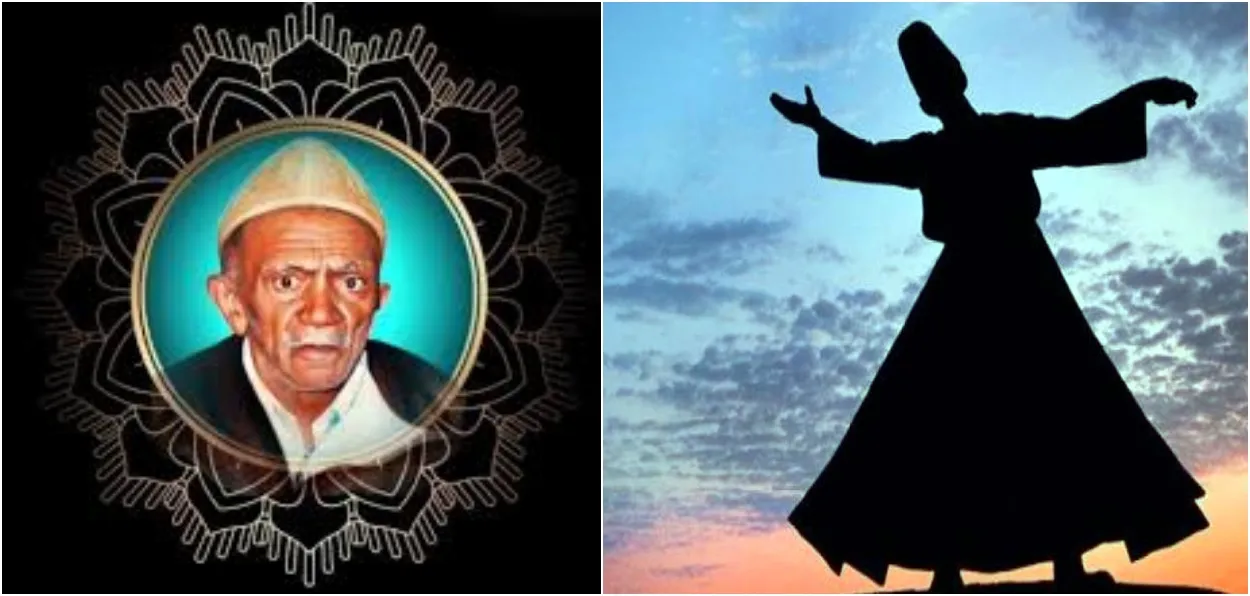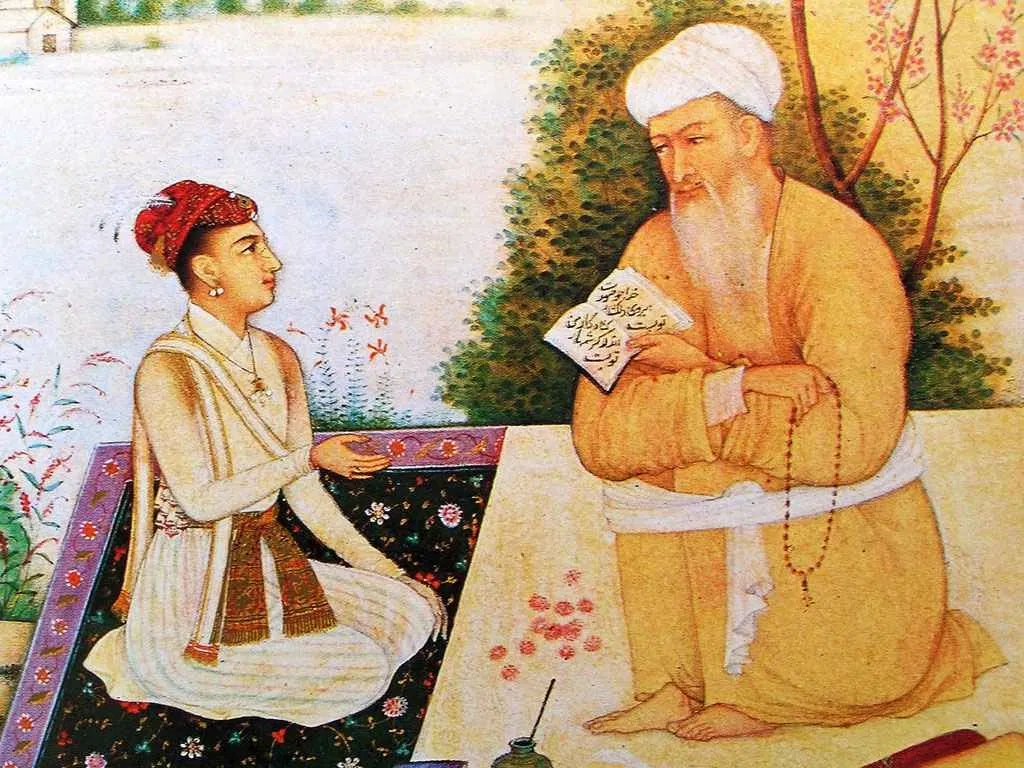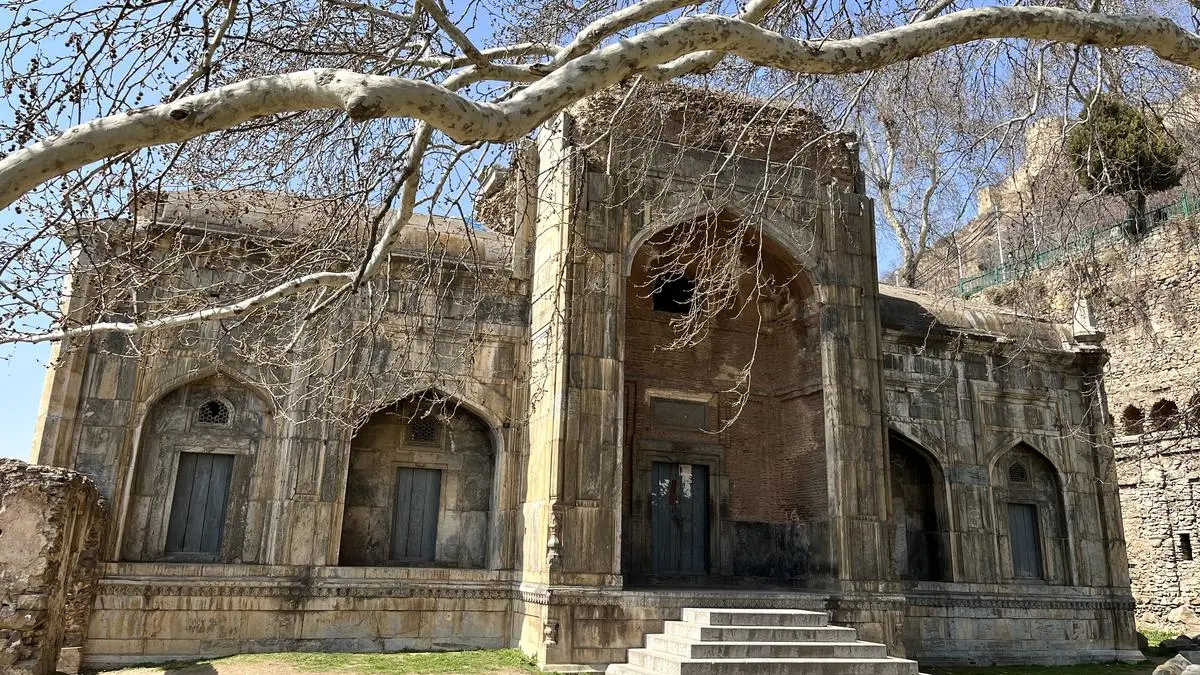
Amir Suhail Wani
“Mey alifas daal kor kami khal o khatan
Woun lagith zala zagan chum su hitan”
(Alif and Daal, the Arabic letters, stand as metaphors representing distinct figures, subtly embodying deeper meanings.)
– Symbolism that points to the esoteric reading of scripture and reality.
Ahad Zargar, born in 1882 in the serene area of Narvara in Srinagar, from humble beginnings to become one of Kashmir’s most profound spiritual voices. Hailing from a family of traditional Pashmina weavers, his early life was steeped in the ethos of simplicity, discipline, and community values that would later echo in the spiritual undercurrents of his poetry. Surrounded by the lush valleys and mystical ambience of Kashmir, Zargar imbibed the spiritual heritage of the region, drawing inspiration from the living legacy of Kashmiri saints such as Lalla Ded and Sheikh Noor-ud-Din Noorani (Nund Reshi).
He lived through an era of deep transformation. The collapse of the feudal order, the arrival of British colonial policies, and the encroaching forces of modernisation posed existential questions to Kashmiri identity and tradition. Yet, amidst these turbulent socio-political shifts, Ahad Zargar chose the path of inner revolution. From a young age, he turned away from material pursuits, dedicating his life to the pursuit of divine love and self-realisation.
Zargar’s passing in 1984, at the remarkable age of 102, marked the end of an epoch. But his legacy continues to thrive, particularly through the annual Sham-e-Zargar festival held at his tomb, a spiritual and cultural event that brings together mystics, poets, scholars, and devotees in celebration of his life and teachings.
Ahad Zargar’s poetry embodies the essence of Sufi mysticism, the ecstatic yearning for the Divine, the renunciation of the ego, and the transformative power of love. His verses, both lyrical and contemplative, delve into the mysteries of existence, the soul’s alienation from its Source, and the trials of the spiritual seeker.
Themes of Zargar’s Sufi practices were:
Divine Love and Union (Ishq-e-Haqiqi): His poetry reverberates with the longing for God—a longing that transcends the boundaries of religious identity and ritualism.
Self-Annihilation (Fana): Zargar consistently returns to the theme of ego dissolution, a cornerstone of Sufi philosophy, where the self must perish for the Divine to be realized.
Spiritual Struggle (Mujahida): His verses often portray the internal battles faced by those on the mystical path, viewing suffering as a purifying force.
 A pictoral representation of the Sufi Peer-Mureed tradition
A pictoral representation of the Sufi Peer-Mureed tradition
Unity of Religions: Drawing metaphors from Islamic, Hindu, and even Buddhist traditions, Zargar’s work reflects Kashmir’s syncretic soul—a celebration of spiritual universality over dogmatic difference.
One of Zargar’s distinguishing features as a poet was his multilingual fluency. His poetry flows organically across Kashmiri, Persian, Arabic, and Sanskrit, blending sacred vocabularies to create an inclusive poetic idiom. The layering of languages not only enriched his expression but also symbolised the mystical unity he advocated.
Zargar often employed symbols, allegories, and metaphors that draw from nature, scripture, and everyday life. For instance, the spinning of wool, the dance of rivers, and the silence of the mountains all become metaphysical symbols in his poems.
His diction is deceptively simple, yet every word carries a depth that unfolds through contemplation, a characteristic reminiscent of Rumi and Hafiz, yet rooted in the Kashmiri linguistic and spiritual context.
Zargar’s Sufism was not scholastic but experiential. He did not concern himself with systematic theology or abstract doctrine; rather, he emphasised direct, lived encounters with the Divine. For him, the path of Truth was paved through humility, love, and detachment, not ritual compliance or religious formalism.
“Abdul Ahad Zargar jafa has badal wafa kar
Chukh Ashiq e dilawar youd dard nak afssoos”
(Zargar transforms betrayal into fidelity—such is the fearlessness of a true lover, who does not lament the pain.)
– A reflection on the redemptive power of love and suffering.
He was particularly critical of the literalist clergy, whom he saw as more concerned with maintaining authority than fostering spiritual growth. In this way, Zargar was both a mystic and a reformer, challenging the ossified institutions of religion with the fire of inner realisation.
His verses urge the seeker to move beyond the “veil of forms” and perceive the oneness that lies beyond dualities, a vision in which God, self, and universe are not separate but reflections of one Reality
Ahad Zargar is often described as the last great Sufi poet of Kashmir, a spiritual heir to Lalla Ded and Nund Reshi, yet one whose vision extended into the modern world. He served as a bridge between classical mysticism and contemporary spiritual inquiry, preserving the sanctity of traditional Kashmiri Sufism while opening it to modern interpretations.
His works have been studied and celebrated not only by spiritual seekers but also by linguists, historians, and literary critics, who admire the elegance of his form and the universality of his message. Zargar’s ability to speak across time, culture, and creed secures his place as a foundational figure in the region’s intellectual and spiritual heritage.
 Mullah Shah Mosque
Mullah Shah Mosque
Ahad Zargar’s influence has not faded with time, it continues to shape Kashmiri spirituality, poetry, and music. His verses are sung in Sufi gatherings, recited at spiritual retreats, and studied in academic circles. Through oral tradition and recorded renditions, his words have reached hearts far beyond the boundaries of Kashmir.
His descendants, especially Khurshid Zargar and Kaiser Zargar, have played an instrumental role in preserving, publishing, and interpreting his writings. Their work ensures that Ahad Zargar’s vision remains accessible to new generations grappling with spiritual and cultural identity.
The annual Sham-e-Zargar festival—attended by mystics, musicians, scholars, and pilgrims—stands as a testament to his enduring relevance. More than a memorial, the event serves as a living space for dialogue, reflection, and communion, much in the spirit of the man it honours.
“Through the negation of the ego I affirmed the Self
Drink deep from the founts of Love
To whom you have been granted access
Heed not how literalists construe it”
– A meditation on the journey from ego to Essence.
READ MORE: From files to the finish line: Anisa Nabi's unique race
Ahad Zargar’s life and work are a luminous thread in the rich spiritual tapestry of Kashmir. Through his poetry, he offered not only words of beauty but maps of the inner world, guiding seekers toward self-realization, love, and unity. His resistance to dogma, embrace of suffering, and celebration of divine love render his voice timeless.
In a world torn by fragmentation and spiritual crisis, Zargar’s message resonates more than ever, an invitation to look inward, to love deeper, and to see the Divine in all things.
